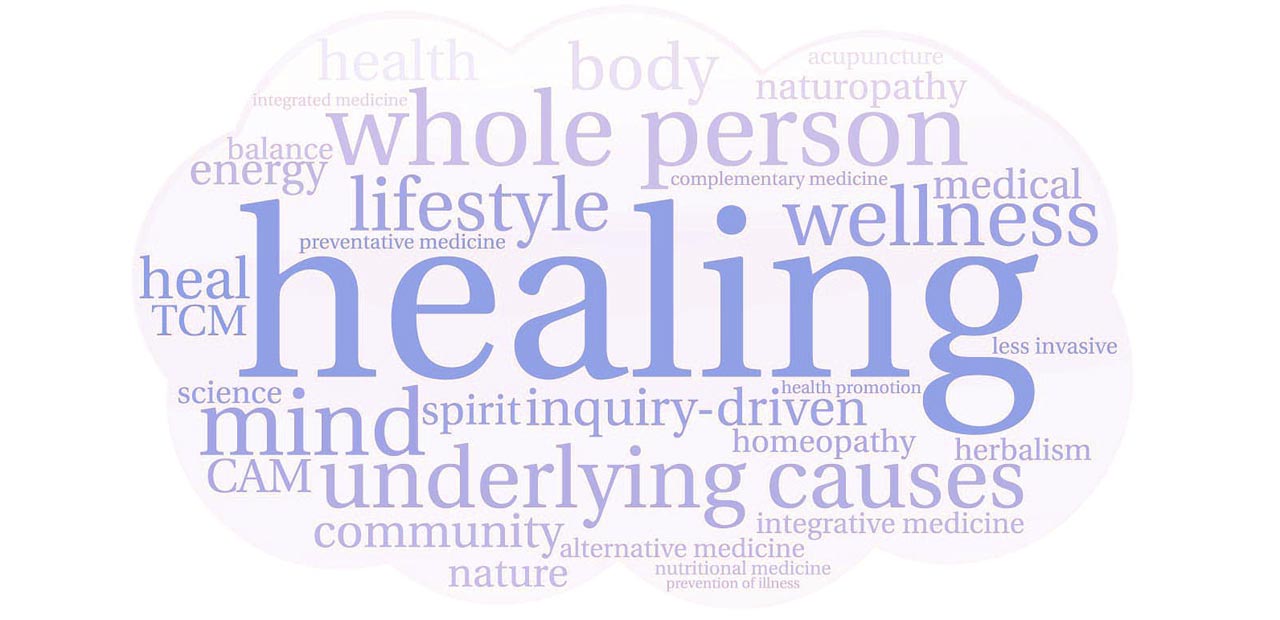Alternative Medicine & Holistic Health

Alternative Medicine & Holistic Health: Unlocking the Power of Natural Healing for Total Wellness
Introduction
In a world dominated by pharmaceutical solutions and conventional treatments, alternative medicine and holistic health approaches are gaining significant recognition. These practices focus on healing the body, mind, and spirit as interconnected systems, rather than treating symptoms in isolation. By embracing natural therapies and individualized care, alternative medicine offers a powerful path toward achieving long-lasting health and wellness. This article explores the transformative potential of alternative medicine and holistic health practices for individuals seeking to optimize their overall well-being.
Understanding Alternative Medicine
Alternative medicine refers to a wide range of healing practices that fall outside the scope of conventional Western medicine. These practices emphasize the use of natural remedies, personalized care, and a focus on prevention rather than just treatment. Popular forms of alternative medicine include:
- Herbal Medicine – The use of plant-based remedies for healing, often through tinctures, teas, or supplements.
- Acupuncture – An ancient Chinese practice that involves inserting thin needles into specific points on the body to stimulate energy flow and promote healing.
- Chiropractic Care – Focuses on the alignment of the spine and joints to improve overall health and relieve pain.
- Homeopathy – A system of medicine that uses highly diluted substances to stimulate the body’s natural healing processes.
- Naturopathy – A holistic approach to healthcare that integrates natural therapies like nutrition, detoxification, and herbal medicine.
Alternative medicine focuses on treating the root causes of illness, promoting self-healing, and improving overall health through natural means.
The Core Principles of Holistic Health
Holistic health is an approach that views the body, mind, and spirit as interconnected. Rather than focusing solely on physical symptoms, holistic health aims to promote balance and well-being in every aspect of a person’s life. The core principles of holistic health include:
- Personalized Care – Holistic health emphasizes individualized treatments, recognizing that each person’s health journey is unique.
- Prevention and Wellness – Focus is placed on preventing illness and maintaining health through lifestyle choices like proper nutrition, exercise, and stress management.
- Mind-Body Connection – Understanding that emotional and mental health have a profound impact on physical health.
- Natural Healing – Utilizing natural therapies to restore balance and promote healing.
By addressing the root causes of disease and considering the whole person, holistic health offers a comprehensive approach to achieving optimal wellness.
Powerful Benefits of Alternative Medicine & Holistic Health
1. Enhanced Immune Function
One of the most significant benefits of alternative medicine is its ability to strengthen the immune system. Practices like acupuncture, herbal medicine, and nutritional supplements can help boost immunity, reduce inflammation, and support the body’s natural defense mechanisms. By addressing underlying imbalances and improving the body’s resilience, alternative therapies can help prevent illness and speed up recovery.
2. Stress Reduction and Mental Clarity
Chronic stress can have a devastating impact on both physical and mental health. Holistic practices such as yoga, meditation, acupuncture, and aromatherapy are known to reduce stress, promote relaxation, and improve mental clarity. These practices can balance cortisol levels, enhance mood, and support emotional well-being, ultimately leading to improved overall health.
3. Pain Management and Relief
Alternative medicine offers effective and natural solutions for pain relief. Chiropractic care, acupuncture, massage therapy, and herbal remedies can help alleviate chronic pain caused by conditions like arthritis, back pain, and migraines. By targeting the root cause of pain and addressing physical imbalances, alternative therapies provide lasting relief without the need for prescription medications or invasive procedures.
4. Detoxification and Improved Digestion
Many alternative medicine practices focus on detoxification and digestive health, recognizing the connection between gut health and overall well-being. Herbal cleanses, detox diets, and acupuncture can support the liver and digestive system, promoting efficient detoxification and nutrient absorption. By improving gut health, these practices can also alleviate issues like bloating, constipation, and inflammation.
5. Personalized Wellness
Unlike conventional medicine, which often takes a one-size-fits-all approach, holistic health emphasizes personalized care. Practitioners of alternative medicine work closely with individuals to assess their unique needs, health goals, and lifestyle factors. Whether through dietary recommendations, herbal remedies, or lifestyle changes, personalized care ensures that each person receives the most effective treatments tailored to their specific needs.
Popular Alternative Medicine Modalities
1. Herbal Medicine
Herbal remedies have been used for centuries to treat various ailments. Many herbs possess potent healing properties, such as anti-inflammatory, antioxidant, and antimicrobial effects. Common herbs used in alternative medicine include:
- Echinacea – Often used to boost immunity and reduce the severity of colds.
- Turmeric – Known for its powerful anti-inflammatory properties.
- Ginseng – Used to enhance energy, reduce stress, and improve mental clarity.
- Lavender – Known for its calming and stress-reducing effects.
Herbal medicine offers natural solutions for a wide range of health issues, promoting overall wellness.
2. Acupuncture
Acupuncture has been practiced for thousands of years and is rooted in Traditional Chinese Medicine (TCM). It involves the insertion of thin needles into specific points on the body to stimulate energy flow (or “Qi”) and restore balance. Acupuncture is commonly used to treat pain, reduce stress, and enhance overall health.
3. Chiropractic Care
Chiropractic care focuses on the alignment of the spine and joints to support the nervous system and improve overall health. By adjusting misaligned vertebrae, chiropractors can relieve pain, improve mobility, and enhance the body’s ability to heal itself. Chiropractic care is commonly used for musculoskeletal issues like back pain, neck pain, and headaches.
4. Naturopathy
Naturopathy is a comprehensive healing system that integrates various natural therapies to support overall health. Naturopathic practitioners use a combination of diet, herbal medicine, detoxification, and physical therapies to restore balance and optimize well-being. Naturopathy emphasizes prevention, self-care, and the body’s ability to heal itself.
Conclusion
Alternative medicine and holistic health offer powerful, natural solutions for improving health and well-being. By addressing the root causes of illness and promoting balance in the body, mind, and spirit, these practices empower individuals to take control of their health and achieve lasting wellness. Whether through herbal medicine, acupuncture, chiropractic care, or other natural therapies, alternative medicine provides a holistic approach to healing that can complement or even replace conventional treatments. Unlock the transformative power of alternative medicine and embrace a path toward optimal health today.
One thought on “Alternative Medicine & Holistic Health”
-
Pingback: Homeopathy - Scholarshiptea




Leave a Comment